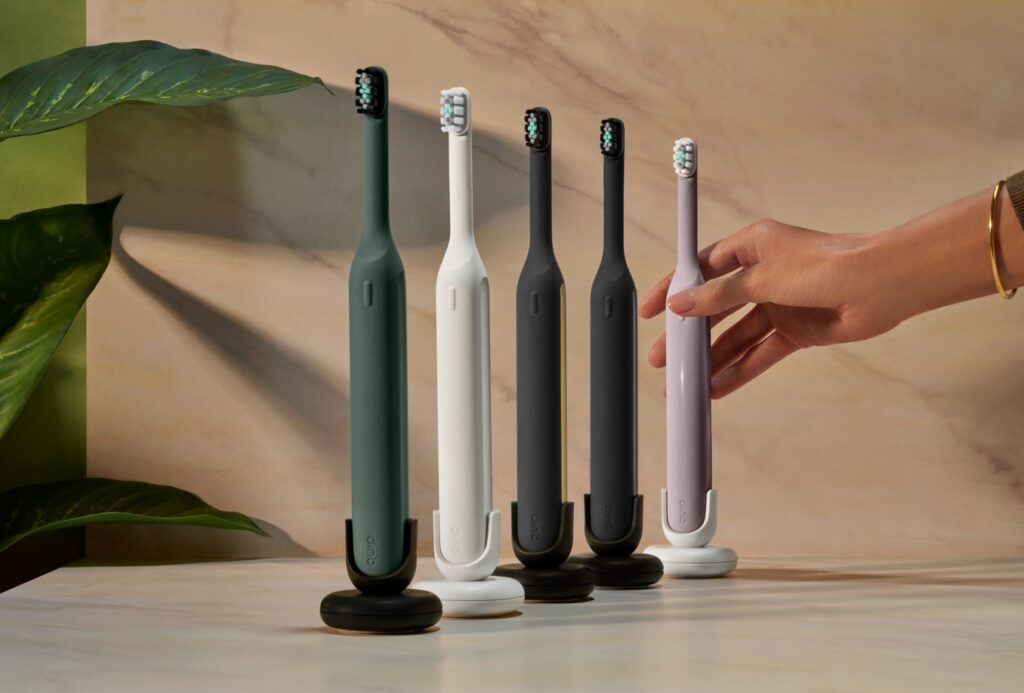Dianne Harper had no doubt her grand-prize winner was going to the Olympics.
As Chevrolet’s brand promotional manager, Harper had accompanied five first-place winners and their guests to the U.S. Figure Skating Championships in Los Angeles in January. The five had won the first round of the Chevrolet Skate to Salt Lake sweepstakes, and the grand-prize winner would be chosen during the Chevy Skating Spectacular (held after the official business of selecting the U.S. Olympic team was over).
Chevy brought its five winners onto the ice during intermission, and skater Todd Eldridge gave each a box with related merchandise inside. One contained Olympics goodies.
The winner “had this blank stare of disbelief,” says Harper. “He had just gotten married, and didn’t have a honeymoon, and his wife was a sports marketing major. He accepted the prize without hesitation.
It isn’t always that easy. Some consumers are more reluctant to accept trip prizes since Sept. 11. But the fear factor is lower than what agencies expected, and many have had no more trouble than usual fulfilling trip prizes. “We were anticipating the worst, but it never happened,” says Bob Abramson, senior vp at D.L. Blair, Garden City, NY.
Winners often turn down trips because the timing isn’t right, or the location doesn’t appeal to them, or the taxes are too high. Since Sept. 11, some have turned down trips for two because they don’t want to be separated from their kids. But most agencies haven’t seen much increase in the number of people saying no to free travel.
In the same vein, some clients have been reluctant to put trip prizes in sweeps developed since Sept. 11, agency sources say. Still, the trend is toward trips that are highly tailored to the brand — such as Coca-Cola’s Hogwarts Adventure, the grand prize in its fall 2001 sweeps tied to Warner Bros.’ Harry Potter and the Sorcerer’s Stone. “That whole fly-away idea is becoming more experiential so people get a chance to sample the brand,” says Charlie Horsey, chief operating officer at CMI, East Rutherford, NJ, which handles.
Packages delivering winners to two traditional favorites, the Super Bowl and the Olympics, felt minimal effects from Sept. 11.
The Super Bowl’s rescheduling (to Feb. 3, from Jan. 27) didn’t phase marketers because the switch was made before most winners were chosen and notified. Hotel blocks were simply shifted one week. “Those arrangements are made long in advance,” says Abramson.
Chevy included its Olympics winner in arrangements made for dealers attending the Games as part of the brand’s U.S. Olympics Team sponsorship. (In Chevy’s last Olympics sweeps, a soccer-themed game pegged to the 2000 Summer Games, the winner chose an alternate prize.) Campbell-Ewald, Warren, MI, handles the sweeps, D. L. Blair fulfillment.
What’s the Alternative?
When winners turn down a prize, marketers must choose another recipient — and keep choosing until someone accepts. That’s because Florida requires all prizes to be awarded. One fall sweeps went through seven drawings before someone finally accepted a spa week for two, valued at $9,000. (The winner asked for two weeks alone — and got it.)
“Marketers think people will accept any prize [or] take any trip, and they’re surprised when they can’t give it away,” says Terry Cunningham, president of fulfillment company Cottonwood Enterprises, Bozeman, MT. “Trips are the one prize that people generally refuse more than any other.”
Cunningham advises marketers to offer a cash alternative, even at a lower value than the trip itself. “We tell clients that there’s a heightened chance that a trip will be turned down,” says Cunningham.
For marketers who buy a trip from a travel agent before the sweeps begins, adding a cash alternative means coughing up extra funds. On the other hand, scrimping up-front may result in higher back-end costs, paying the fulfillment house for the hours spent contacting alternate winners.
More marketers are including “spending cash” in prize packages to defray taxes, says Keith Malvern, director of marketing services at Momentum, St. Louis.
When awarding a trip to a special event — an awards ceremony, or a concert, for example — leave enough time to contact alternate winners if the first one declines.
Also, bear in mind that Florida and New York require a list of winners within 60 to 90 days of a sweeps’ conclusion. The time frame puts even more pressure on marketers to connect a trip to a winner.
Of course, it helps if the winner needs a honeymoon.
 Network
Network

